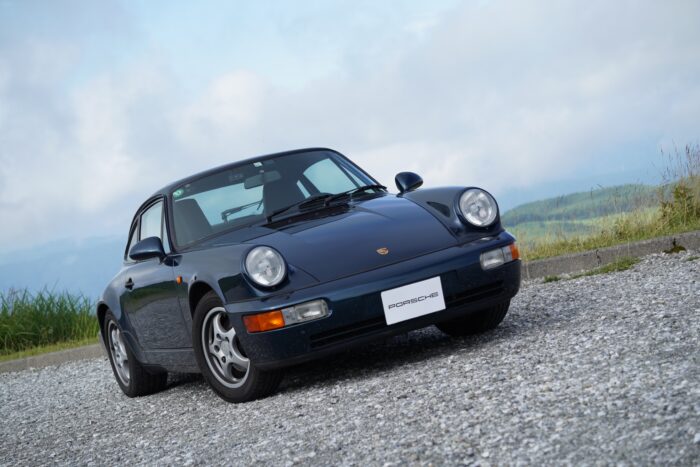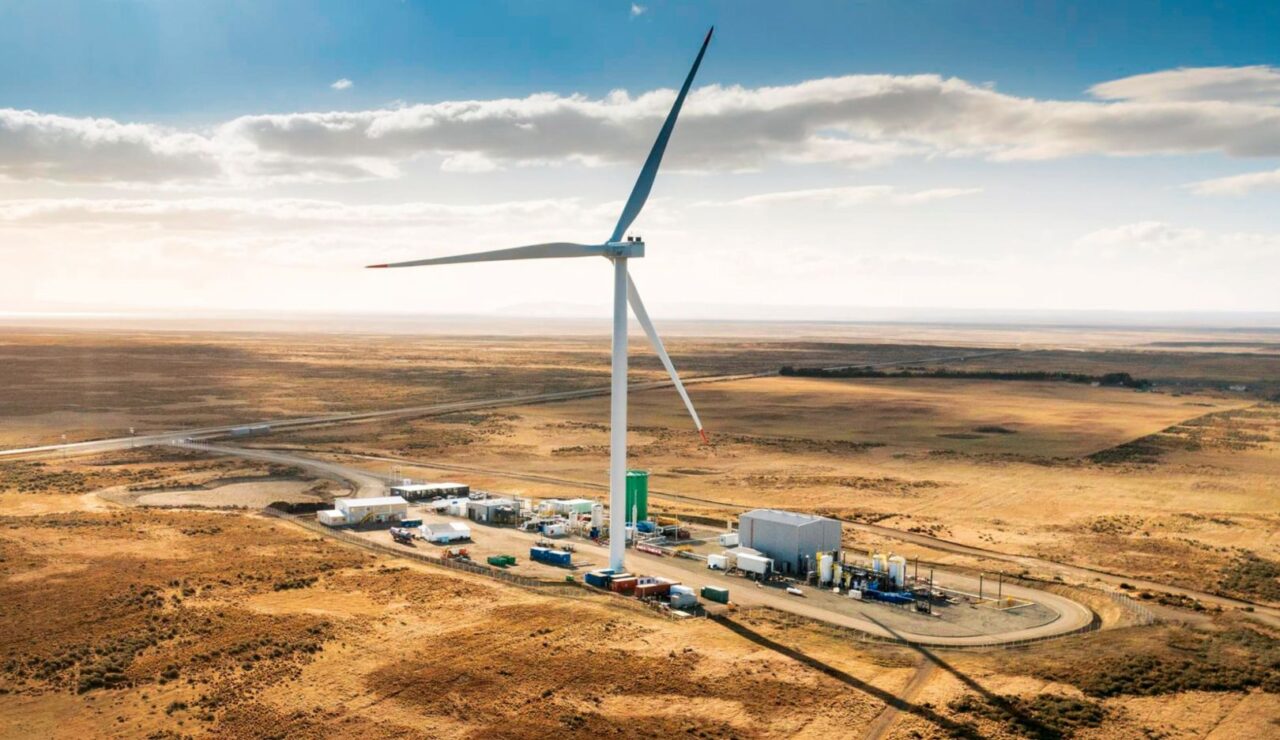Porsche predicts expansion of synthetic fuel "e-fuel" - Will there be a future where air-cooled Porsches can run?
Published on: 2024.08.30

contents
Porsche is confident about the future of e-fuel
Porsche will be using synthetic fuels by 2030.E-fuel will account for a "large share" of gasoline useHe predicts that the
This view appears to be based on growing support from potential clients and the government.
Porsche has invested heavily in e-fuel development and has set up a test production facility in Chile in cooperation with partners such as HIF Global. The goal of this project is to demonstrate that e-fuel can be produced in a carbon-neutral manner.
Currently, the European Union intends to allow sales of internal combustion engine vehicles after 2035, but only if they use carbon-neutral e-fuel. However, some in the industry,Some are concerned that this requirement is not feasible and could lead to a de facto ban on internal combustion engine vehiclesThe following is a list of the most common problems with the "C" in the "C" column.
Aiming to expand e-fuel production
Porsche's head of research and development, Michael Steiner, believes that the Chilean e-fuel plant should serve as a "role model" and that e-fuel production should be expanded, and Steiner suggests that instead of having cars run solely on e-fuel, fossil fuels be gradually replaced with e-fuel Steiner proposes to gradually replace fossil fuels with e-fuel, rather than having cars run solely on e-fuel.
The key, Steiner says, "is how much fossil fuel can be replaced. You can start by mixing them, just as you do with biofuels. The key is to reduce the use of fossil fuels."
In addition, the recent slowdown in EV sales growth has led to a number of companies, including PorscheAutomakers are extending the life of internal combustion engine models.This also seems to be a factor in the growing interest in e-fuel.
Evolution of e-fuel production technology
Porsche is currently preparing to add a new air recovery facility to its e-fuel plant in Chile, which will utilize thermal energy recovered from the main plant and complement existing wind and solar power generation.

Steiner said, "This will allow us to obtain the CO2 needed for e-fuel from the atmosphere. Once this is achieved, we will have a complete circulation model in which energy is obtained from the sun and wind and the necessary elements are obtained from the air. This is a cycling technology comparable to the biological cycle of fossil fuels, but it shortens a process that would take millions of years," he explains.
Future Strategies for Internal Combustion Engine Vehicles
Porsche has recently taken advantage of the slowdown in EV sales growth,Announced that it will extend the life of existing gasoline engine models, such as the CayenneThe company has made the following changes. And Steiner explained the reasons for this change in strategy as follows.
Our strategy was three-pronged: internal combustion engines, hybrids, and full electrics.What we have done this time is to adjust the timing of thisWe are preparing for the possibility that 80% of the cars we sell by 2030 will be electric, but we expect this transition to occur at a slower pace in many markets."
The V8 and V6 engines will also be upgraded.
And as for the 911, this time with a lightweight hybrid system rather than a full plug-in hybrid, Steiner said.The 911 is the core of our brand, and we decided we needed a lighter proposition."He explains.
This move by Porsche is indicative of a growing trend throughout the automotive industry to focus on improving existing internal combustion engine technology and developing alternative fuels in parallel with the transition to EVs. e-fuel's commercialization and widespread use will increase the potential for internal combustion engine vehicles to remain viable while reducing their environmental impact.
I personally cannot help but hope that a future will be realized where air-cooled and NA-engined Porsches will always be able to run.
Follow me if you like this blog!


Comment ( 0 )
Trackbacks are closed.
No comments yet.